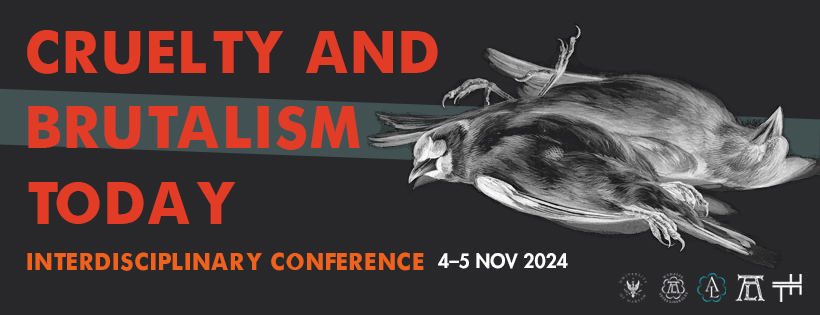Tirza Ben-Ezzer
(Emory University in Atlanta)
Abstract:
This paper investigates digital cultural practices involving anonymity and humor in order to elucidate psycho-social undercurrents for the ever-urgent question: Why do the masses desire fascism? These selected aspects of digital cultural practices share in common a paradoxical relationship with the principle of identity in homogeneity. The drives are multiplicitous – there are contradictory drives that coexist together simultaneously. On the one hand there is the heterological drive to escape the demands of homogeneous identity, on the other hand it is specifically this heterological drive that will act as a key unifying force in social practices that cultivate libidinal bonds in a homogeneous community, in all forms on the spectrum, including facism.
Practices of anonymity online and distributing memes based on a shared humor can be seen as the products of social compromises between competing drives and the condition of existing with others. These digital practices are consolatory gratifications – by producing contained means for simulated heterogeneity, social stability can be maintained. So it is specifically that there are practices that allow for the temporary gratification of heterogeneous expenditure which sustains a will to maintain the homogenous identity. This expenditure is further linked to erotic and ecstatic affectual experiences such as the pressure of libidinal forces, laughter, self-annihilation, sadomasochistic indulgence, etc. This is why these sorts of practices take up shape in various forms across demographics and social groups – which is also what makes them distinctly suitable strategies for radicalization online. It is at this conflictual and paradoxical crossroads that fascism strategizes its entry. The crucial point to emphasize is that the contemporary rise of fascism is mobilized through tapping into libidinal drives and erotic gratifications which are not merely present in those explicitly aligned with fascist political ideologies, but are inherent in us all.
Bio:
Tirza Ben-Ezzer is a fourth-year PhD candidate in the Department of Philosophy at Emory University. Their main areas of study are Social and Political Philosophy, Psychoanalysis, Philosophy of the Digital, and Philosophy of Sexuality. They have received a certificate in Psychoanalytic Studies and have additionally completed a fellowship at the Emory University Psychoanalytic Institute, which focuses on the study of psychoanalysis in the clinical context. They have written and presented multiple works on the intersections of
politics, the psyche, and digital cultures, including papers on psychoanalysis and conspiracy theories, memes and humor, libidinal economies of abjection, as well as their Masters thesis on digital “subjectivity” and the mythology of the End of History. The submitted abstract is a condensed sample from their dissertation project which brings together the thought of Bataille, Fanon, Deleuze, Guattari, Lyotard, Freud, Klein, and other various psychoanalytic thinkers in order to link the psyche, politics, and digital technologies in the context of the contemporary re-emergence of fascism.
